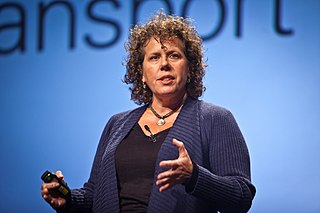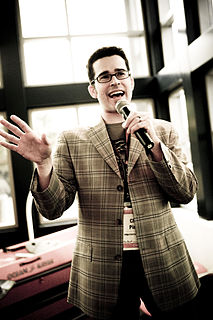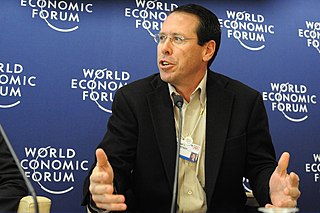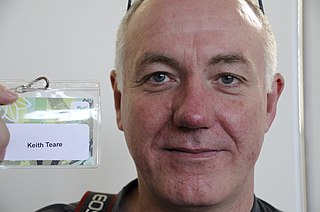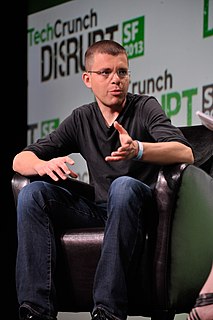A Quote by Robert Love
Mobile devices such as Android and the iPhone achieve their battery life largely because they can aggressively and quickly enter into and exit from sleep states. GPS prevents this.
Related Quotes
I'm excited about mobile; clearly that's important. Mobile devices are kind of at the opposite end of PCs, in that PCs are pretty open and you can do a fair amount with them, but many mobile devices aren't. We're excited at the idea that we can make the same kind of contribution in the mobile space. So that's one thing coming down the pike.
At one time, I hated the iPhone - but that was only before I used one for the first time. Now, it would be difficult for me to make the switch to any other platform. I've spent a fair amount of money on apps that continue to ride with me as I upgrade my iS devices. The iPhone certainly has its share of flaws and shortcomings, but having spent a great deal of time with other devices that claim to be "killer" continue to fall short. The industry needs competition, but I just need my mobile communications computer to work with a healthy array of software.
I often use the iPhone as an example of how governments shape markets, because what makes the iPhone ‘smart’ and not stupid is what you can do with it. And yes, everything you can do with an iPhone was government-funded. From the Internet that allows you to surf the Web, to GPS that lets you use Google Maps, to touch screen display and even the SIRI voice activated system - all of these things were funded by Uncle Sam through the Defense Advanced Research Projects Agency (DARPA), NASA, the Navy, and even the CIA!
The company [Microsoft] really has to chart a direction in mobile devices. Because if you're going to be mobile-first, cloud-first you really do need to have a sense of what you're doing in mobile devices. I had put the company on a path. The board as I was leaving took the company on a path by buying Nokia, they kind of went ahead with that after I told them I was going to go. The company, between me and the board, had taken that sort of view. Satya, he's certainly changed that. He needs to have a clear path forward. But I'm sure he'll get there.



